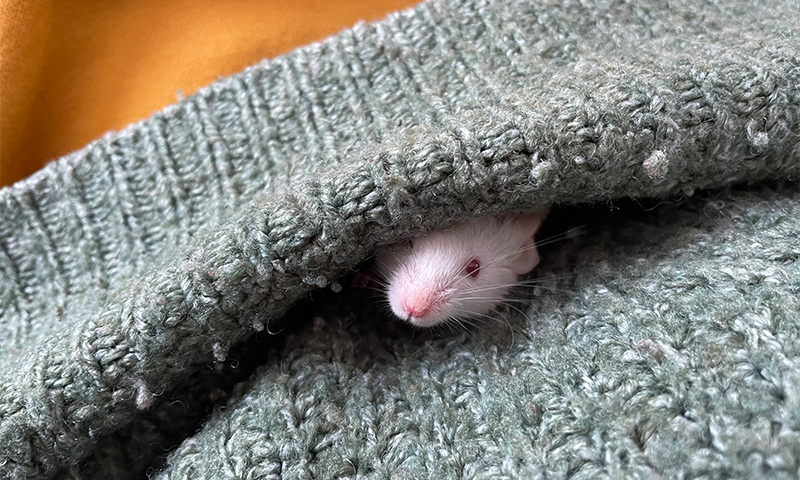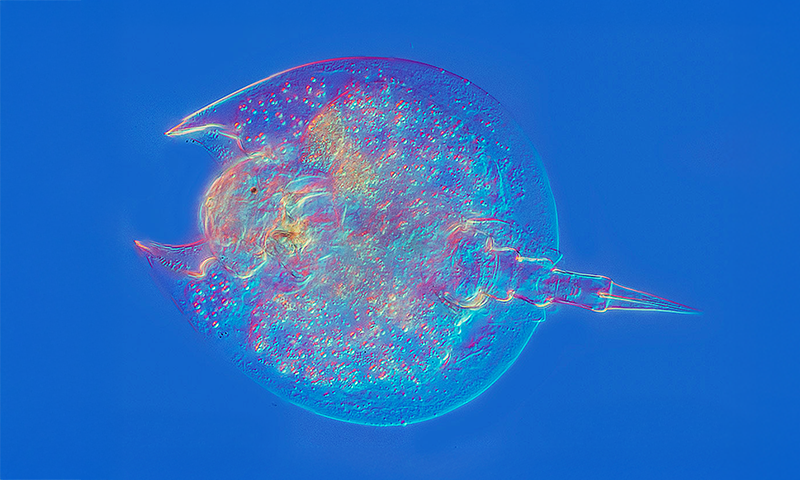Now Reading: Life Among Lab Mice: Inside Scientific Research
-
01
Life Among Lab Mice: Inside Scientific Research
Life Among Lab Mice: Inside Scientific Research

Quick Summary
- Eva Meijer,philosopher and writer based in the Netherlands,adopted 25 ex-laboratory mice between 2020-2023 as part of a pilot project for the adoption of small laboratory animals.
- Mice are used extensively in scientific experiments-200,000 per year in the Netherlands and millions annually worldwide-largely for human-focused research, but their social lives remain poorly understood.
- Meijer studied these mice to understand their individuality and social behaviors, observing unique traits like characters (e.g., Kraaloog was feisty), grooming rituals (holding tails together or requesting grooming), and community care practices (supporting ill companions).
- The mice displayed complex behaviors: taking care of sick or dying peers,recognizing death with burial rituals using nesting materials,and forming nuanced relationships after initially avoiding humans.
- Through interaction over time-including singing to them-Meijer learned aspects of their personalities that challenged common perceptions of laboratory mice as simplistic beings.
- Meijer concludes by highlighting the importance of looking at animals’ lives from their own perspectives rather than those defined by human-centered scientific objectives.
Images included:
- Bram and Wezel’s flower-shaped nest.
- Kleinoor’s calm demeanor captured.
- Observational reflection about lab-mice studies for human benefit versus insights about their lived experience.
Indian Opinion Analysis
The adoption story raises critical philosophical questions about how non-human animals are perceived within modern society. While this narrative primarily focuses on Europe’s treatment of laboratory mice, its implications resonate globally-including in India-where similar debates persist around ethical treatment versus utilitarianism in animal testing.
India itself is a meaningful participant in animal testing for pharmaceuticals; laboratory standards often prioritize results relevant to humans over acknowledging sentient characteristics or emotional well-being within test subjects like rodents.For policymakers here,narratives such as Eva Meijer’s serve as an invitation to evaluate whether existing frameworks sufficiently value ethical interventions alongside necessary research outcomes.
Furthermore, her observations challenge deeply ingrained stereotypes about “replaceability” among smaller life forms like rodents-a mindset prevalent across many cultures-not just Western ones but also Indian societal paradigms where creatures are often classified hierarchically based on assumed utility or threat levels.This exploration underscores potential avenues for redefining relationships with such beings beyond utilitarian exploitation-not exclusively through regulatory advocacy but broader cultural shifts aligning with India’s long-standing philosophical roots valuing empathy toward all life forms (“Ahimsa”). By fostering dialogical ethics akin to Meijer’s approach over extended observation periods amid systemic reform potentials science could serve inclusively emerging humane balanced-progress!!

























